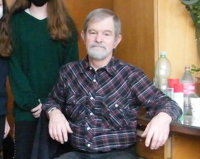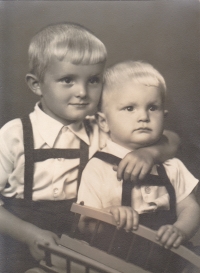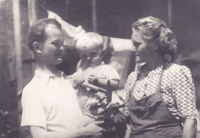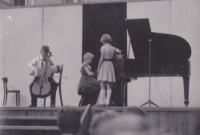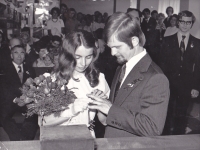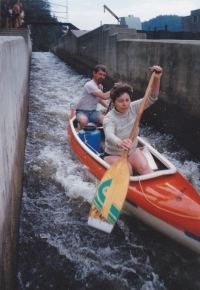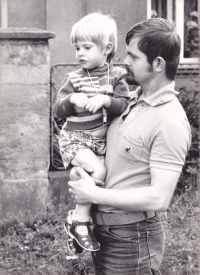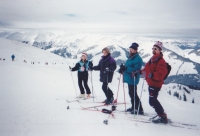I still enjoy life

Stáhnout obrázek
Vojtěch Petr was born on May 11, 1948 in Prague. In 1966, he successfully passed the matriculation exam at the gymnasium in Evropska (formerly Žukova street) Street and began studying at the Faculty of Mechanical Engineering of the Czech Technical University, but left his studies after three years. After his military service, which he completed at the military airport in Kbely, he joined the Institute of Solid State Physics, where he worked for five years in a laboratory focusing on metal technologies. There he also met his future wife Zdeňka Rysková, the wedding took place in 1976, together they raised a son Václav and a daughter Alena. While working, he began to study remotely at the Mining University in Ostrava, where he successfully completed the field of technology of foundry. He then joined the ČKD foundries, where he stayed until 1991, when the foundry was closed and Vojtěch started working for a company producing stamps. Subsequently, he worked as a salesman in various printing companies and finally in two companies focused on the sale of blinds and awnings. In 2021, he lived in Prague and taught foundry at the Czech Technical University.
